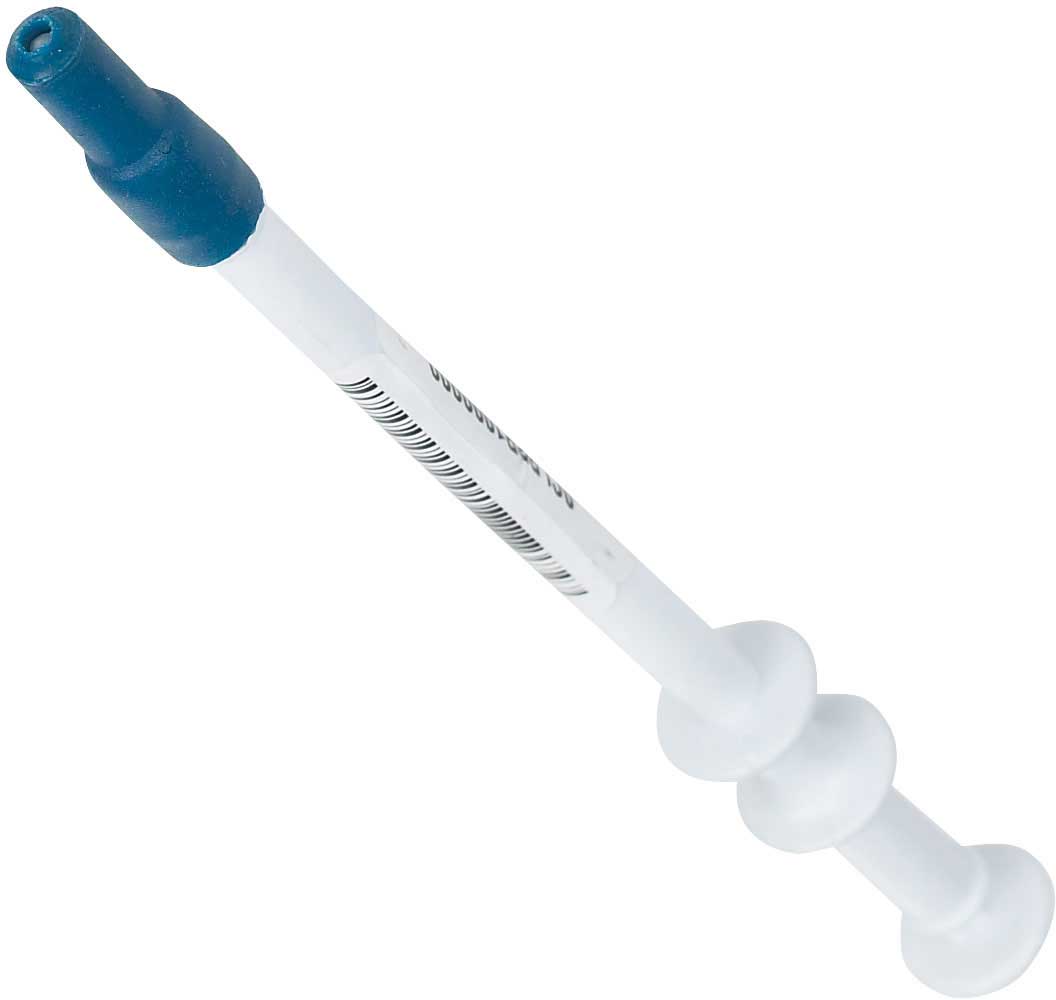The Role of Veterinary Labs in Protecting Pet Health
The Role of Veterinary Labs in Protecting Pet Health
Blog Article
Companion animals are invaluable, and maintaining their vitality is essential. Testing facilities for pets are invaluable resources in preventing diseases for dogs, cats, and other pets.
In this discussion, we’ll examine how diagnostic testing supports pet health and show how labs work with vets.
What Are Veterinary Labs?
Animal health testing facilities are specialized centers for examining samples. These labs support animal doctors to develop effective treatments.

How tests are conducted usually includes:
- Gathering biological samples: Specimens from pets are prepared for analysis.
- Laboratory analysis: Specialized tools and methods provide results.
- Reporting outcomes: Vets review the reports for effective health management.
Key Diagnostics for Pet Health
Labs provide diverse options for health checks to address medical issues. Routine diagnostics include:
- Hematology panels: Identify infections.
- Urinalysis: Spot urinary tract infections.
- Gut health screenings: Detect worms or parasites.
- Skin health exams: Improve coat health.
- Advanced imaging tests: Evaluate bone and joint health.
clínica veterinária e laboratório ivd
How Testing Supports Pet Health
Ongoing evaluations supports proactive health management. Through these tests, you can prevent serious conditions.

The advantages include:
- Better disease management: Recovery chances improve.
- Cost savings: Emergency costs are avoided.
- Confidence in care: You’ll know they’re thriving.
laboratorio de analises clinicas veterinarialaboratório veterinário perto de mim
Conclusion: Veterinary Labs as a Cornerstone of Pet Health
Veterinary labs help pets live long, healthy lives. By making testing part of their care, you catch issues early.
Start their journey to better health today and keep them healthy and thriving!
Report this page